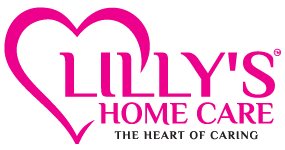Educating oneself about the symptoms of breast cancer is a crucial step in promoting early detection and improving outcomes. While breast cancer manifests differently in each individual, being aware of common signs empowers individuals to take charge of their health.
- Changes in Breast Tissue: Any noticeable changes in the size, shape, or appearance of the breast should be promptly examined. This includes the development of lumps, swelling, or dimpling of the skin. Regular self-examinations are valuable in identifying these changes early on.
- Breast Pain or Discomfort: While breast pain is not always indicative of cancer, persistent or unexplained discomfort warrants attention. Pay attention to any pain that doesn’t correlate with the menstrual cycle or persists over time.
- Changes in Nipple Appearance: Changes in the nipple, such as inversion, sudden asymmetry, or discharge (other than breast milk), can be potential signs of breast cancer. Any unusual nipple changes should be discussed with a healthcare professional.
- Skin Changes: Unexplained changes in the skin texture, redness, or scaliness on the breast or nipple may indicate an underlying issue. Regularly inspecting the skin for abnormalities contributes to early detection.
- Swollen Lymph Nodes: Swelling or tenderness in the lymph nodes under the arm or around the collarbone may suggest the spread of breast cancer. Any persistent swelling should be evaluated by a healthcare provider.
- Changes in Breast Sensation: Alterations in sensation, such as itching or tenderness in the breast, should be monitored. While these changes may not always be cancer-related, discussing them with a healthcare professional is essential.
- Unexplained Weight Loss: Unexpected weight loss not attributable to diet or lifestyle changes should be investigated. While weight loss alone may not be specific to breast cancer, it can be a symptom when combined with other signs.
- Regular Screening and Mammograms: Lastly, regular breast screenings and mammograms are crucial for early detection, especially for those with a family history of breast cancer. Screening allows healthcare professionals to identify abnormalities before symptoms manifest. Educating oneself about these symptoms empowers individuals to recognize potential warning signs and seek timely medical attention. Regular breast self-examinations, coupled with routine screenings, create a proactive approach to breast health, promoting early detection and ultimately saving lives.






